How these 5 alcoholic beverage companies are disrupting India’s whisky-dominated market
United Spirits, United Breweries, Allied Blenders, Pernod Ricard, Diageo, and others have long dominated the Indian liquor market. Several new brands are now making their presence felt with fresh and unique approaches to manufacturing, packaging, and marketing.
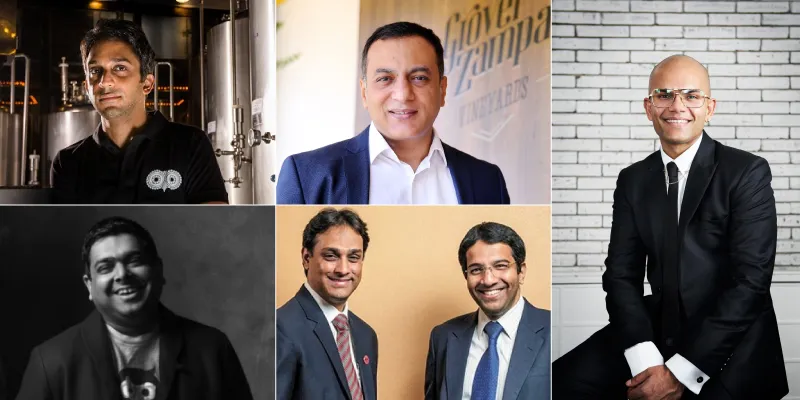
The whiskey-dominated alcoholic beverages market in India comprises locally-made Indian liquor (IMIL), Indian-made foreign liquor (IMFL), wine, beer, and imported alcohol.
For many years, large brands like Allied Blenders’ Officer’s Choice, United Spirits’ McDowell’s, Pernod Ricard’s Imperial Blue, and United Breweries’ Kingfisher, among others, have enjoyed huge market shares.
Today, the demand for alcoholic beverages is rising in India. The country’s large young-population base, rising disposable income, and the urbanisation of Tier II and III cities are fuelling the demand and contributing to the growth.
Also, changes in attitude and lifestyle have made alcohol consumption more acceptable and in vogue. Based on these growth factors, Goldstein Research has projected that the alcoholic beverages market in India is expected to grow at a CAGR of 7.4 percent between 2016 and 2024 and reach $39.7 billion.
Against this brewing change in the market, several new brands have attempted to make their presence felt with fresh and unique approaches to manufacturing, packaging, and marketing. Older brands have also resorted to new techniques to capture a larger percentage of the market share from bigger players and also retain their own.
SMBStory retraced the journey of five Indian alcoholic beverage businesses that are disrupting the space today:
B9 Beverages
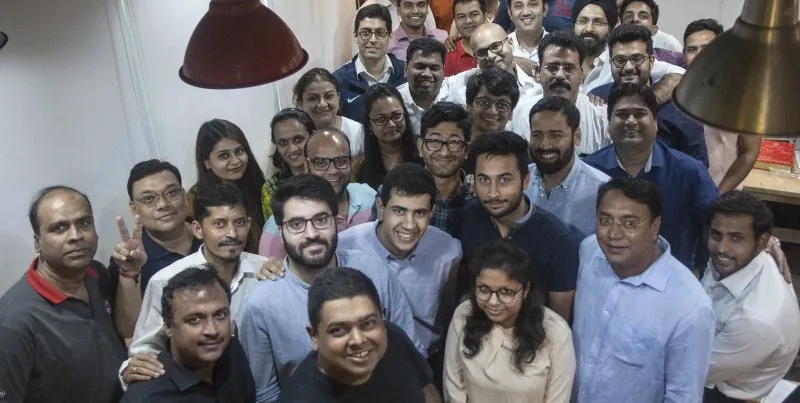
The team at Bira
Kingfisher, Carlsberg, Budweiser, and Corona are said to control a total of about 80 percent of India’s beer market. Beer brands with relatively higher alcohol content, such as Kingfisher Strong (eight percent alcohol), sell the most.
Back in 2015, Ankur Jain, Founder and CEO of craft beer company B9 Beverages and its flagship brand Bira, realised that the urban millennial needed beer that was different, and those available in the market weren't close to satisfying them. Bira and its team figured that urban consumers prefer lighter beers, and they started their operations with mild beers, branded Bira Blonde and Bira White.
The decision to sell beer with low bitterness worked wonders, and the locally crafted beer garnered substantial fan-following in a relatively short time. Two years after its inception, it followed in the footsteps of its larger rivals and launched a strong variant, Bira Strong.
Initially, Bira imported beer from Belgium and bottled it in India. This caused a supply crunch. Says Ankur,
“We needed to start brewing in India, as the idea was to build a global brand out of India. We had to build something quickly. We had already started brewing the beer, and we soon set up a brewery in Indore and later in Nagpur.”
Bira quickly got over the supply crunch. The company claims to have sold three million cases during 2016-17, and said it was projecting a revenue of Rs 180 crore that year.
Today, Bira is posting losses on the back of heavy investments to boost sales and capture market share, but the outlook for the craft beer segment on the whole looks bright. This segment is expected to reach $900.0 million by 2024, according to a report by Goldstein Research, and Bira is set to remain one of the marquee brands in this space.
Click here to read the full story.
NV Group
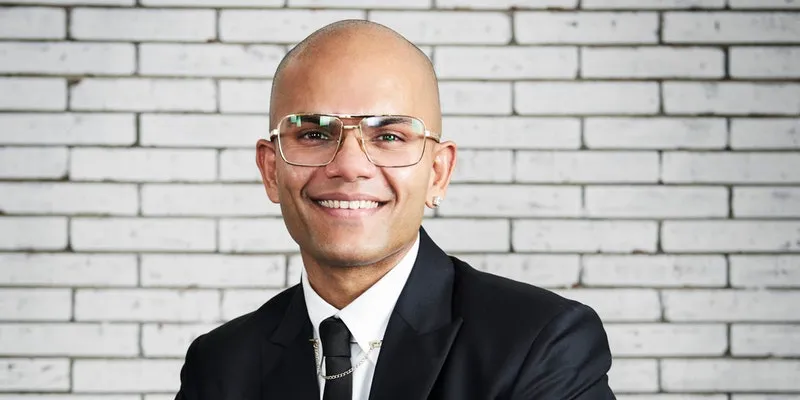
Varun Jain, Director, Marketing and BD, NV Group
Registered in 1996 in Delhi, NV Group was started by Ashok Jain. The relatively-older alcoholic beverages company makes whiskey, vodka, gin, and rum under its own brands, and produces liquor for Pernod Ricard, Bacardi Martini, and Diageo.
Its new vodka offering, ‘Smoke’, could disrupt the growing market for vodka, which is marked by a rising preference for flavoured vodkas. These clear distilled alcoholic beverages have attracted the younger generation, states a Research and Markets report which also found that women prefer the flavours more.
Another report found that South India accounted for the largest market share in terms of alcohol consumption with more than 45 percent due to a significant rise in urban and female alcohol consumers in the region.
Ashok Jain’s son, Varun Jain, who is Director-Marketing and Business Development at NV Group, explains how Smoke’s pricing is a key differentiator:
“In Delhi, the classic Smoke costs Rs 2000 and the aniseed variation costs Rs 2,500, whereas Bacardi's Grey Goose vodka costs Rs 3,800. In Mumbai, Grey Goose is priced at Rs 5800, and Smoke costs Rs 4000.”
The Rs 1,360-crore turnover company relies on its robust distribution setup and promotor relationships to push its new vodka product in multiple states where the demand is swelling.
Click here to read the full story.
Amrut Distilleries
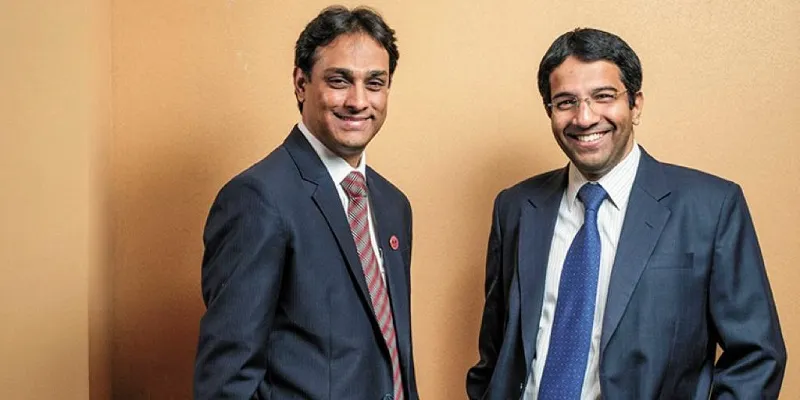
Rakshit Jagdale (right), Managing Director, Amrut Distilleries with Vikram Nigam (left), JMD , Amrut Distilleries
Cheap and blended whiskies dominate the Indian market for alcoholic beverages, and this is unlikely to change anytime soon. Besides large brands such as Officer’s Choice and Imperial Blue, there is a rich tradition of distilleries and family-owned liquor companies that still hold sway over the Indian alcohol industry.
In 2001, Neelakanta Rao along with his son, Rakshit, and son-in-law, Vikram Nikam—the team behind NR Jagdale Group subsidiary Amrut—gave Indian craftsmanship a whole new identity, growing it into a brand that came into its own just like global Japanese and American whisky brands.
But, the brand’s journey was not easy, as Indian whisky was never respected by the Scots. The Europeans called Indian whisky ‘Indian Made Foreign Liquor’ and did not allow Indian brands to be called whisky. The reason being, Scotch whisky is made from malted grain and matures in casks over time (about five years), whereas, in India, the whisky is made from molasses, matures faster, and is ready for consumption immediately after distillation.
Neelakanta Rao decided that something had to be done to put Indian whisky on the world map, and, in 2001, he decided to create a homemade malt-based whisky that could go global. This was how single-malt Amrut whisky was born. It saw resounding success, and, today, the group manufactures 350,000 cases of its brands per year and wants to get to a million cases in the next decade.
The brand exports to 45 countries, including the US and UK, and has launched a variety of malted whisky expressions for the Indian market under the brand ‘Amrut Amalgam’. The company does Rs 330 crore of turnover, with Rs 30 crore coming from the export of Amrut’s whiskies alone.
Click here to read the full story.
Grover Zampa
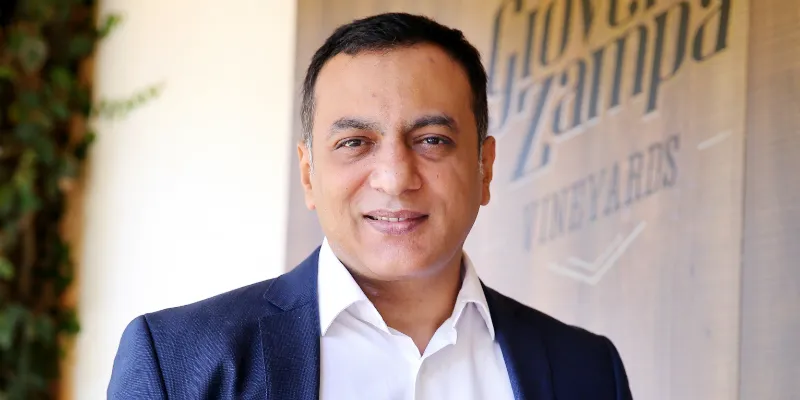
Vivek Chandramohan, CEO, Grover Zampa
Wine holds a smaller market share in India, compared to whisky and beer, as it is priced relatively higher in a cost-conscious market. But, the demand for wine is steadily picking up in the country. According to a report, the Indian wine market grew at a CAGR of more than 25 percent in the past five years.
Grover Zampa has emerged as a market leader in the wine category. Its story of disrupting the Indian alcoholic beverages industry started in 1989, when founder Kanwal Grover and his business partner, George Vesselle, started their first vineyard at the foot of Nandi Hills, near Bengaluru.
The vineyard, named after Grover, produced its first batch of vintage wine in 1992. Today, Grover wines has cemented its legacy as the country’s leading producer and exporter of fine wine. So much so, Kanwal is now referred to as the ‘Father of Indian Viticulture’.
CEO Vivek Chandramohan says, “Our strategy is focussed on the large section of people becoming more affluent and having more disposable income. We want to expose them to our wines at a restaurant level, and then to a larger extent, where they buy a whole bottle for their homes.” The wine-maker also intends to transform the brand with a lifestyle or wellness identity that has wine at its core.
Grover Zampa is now India’s second-largest wine-maker after Sula Vineyards, say industry sources. Last year, the company recorded revenue of Rs 57.77 crore, making it one of the leaders in fine wine.
Click here to read the full story.
White Owl Brewery
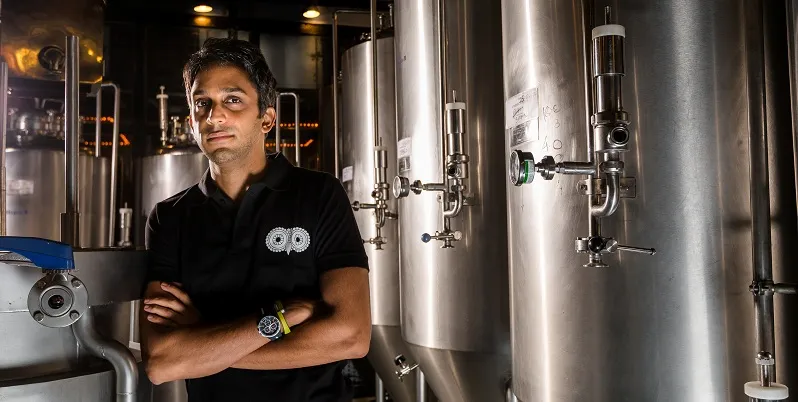
Javed Murad, Founder of the White Owl Brewery
On the back of Kingfisher's large market share, as well as the popularity of Carlsberg, Tuborg, and Budweiser, the Indian beer market is expected to grow at a CAGR of 9.9 percent during the forecast period 2019-2025, according to a Research and Markets report.
Craft beer made by breweries such as White Owl has grown in demand, due to the extra focus on experimentation, unique flavours, and quality. White Owl Brewery, started in Mumbai in 2013 by Harvard Business School graduate Javed Murad, is one such brand looking to make its mark in the burgeoning craft beer market.
One of the first licensed microbreweries in Mumbai, White Owl has shed the 'micro' tag and today claims sales of 20,000 cases of beer a month (amounting to over 57 lakh pints of beer in one year, at 24 bottles per case.)
It is quickly becoming an important player in the craft beer segment that is expected to reach $900.0 million by 2024, according to a report by Goldstein Research.
Javed believes that the use of the best ingredients and equipment, along with observing natural fermentation and aging practices, separates the brand's premium craft beer from the lower-cost and mass-produced beers that dominate the market.
Click here to read the full story.
(Edited by Athirupa Geetha Manichandar)









